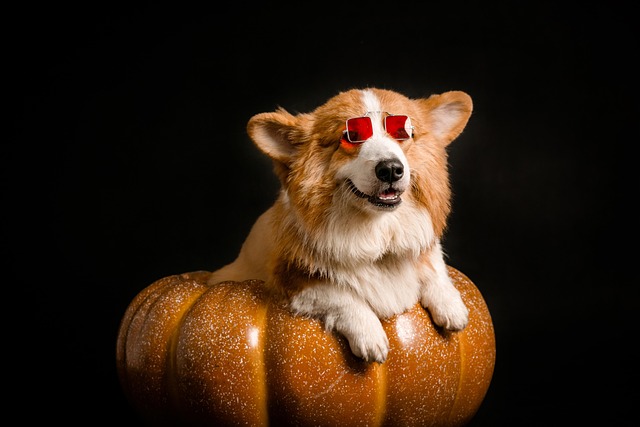
What can I give my dog for Tracheobronchitis?
When hearing a dog coughing violently, with a heavy and rapid breathing sound, and seeing its once lively figure becoming listless, the owner's heart tightens with worry.
When an adorable and fluffy puppy enters our lives, the joy and anticipation are like the warm spring sun, instantly illuminating our world. However, the subsequent puppy potty training has left many novice pet owners feeling confused and facing numerous challenges. "How long does it actually take for a puppy to fully learn to defecate in a designated spot?" This question is like a fog lingering in our minds, eagerly awaiting to be dispelled.
Generally speaking, puppies can start their potty training journey when they are 8 to 12 weeks old. At this stage, puppies are like a clean slate, full of curiosity about the world and also possess a certain learning ability. Physiologically, their bladder and bowel control abilities begin to develop gradually. Although not yet perfect, they can already have a certain perception of the need to relieve themselves. Psychologically, puppies are at a crucial stage of establishing a deep emotional connection with their owners at this time. They long for the attention and recognition of their owners, which lays a good emotional foundation for the training.
In the early stages of training, the owner needs to invest a lot of time and energy and closely observe the puppy's behavior. Generally, puppies often have the need to relieve themselves after eating, waking up from a nap, and playing for a short while. When it is found that the puppy shows behaviors such as sniffing the ground, turning around in place, and frequently squatting down, these are obvious signs that they are about to defecate. At this time, the owner should quickly and gently carry the puppy to the designated excretion area, such as a corner covered with pee pads or a specific outdoor location. After arriving at the destination, softly encourage the puppy to relieve itself, for example, saying "Go pee/poop" in a gentle tone. If the puppy successfully finishes relieving itself in the designated area, the owner must not be stingy with praise and rewards. It can be enthusiastic praise, such as "Baby, you're so great!", or a delicious small snack, or a warm hug. This immediate positive feedback allows the puppy to clearly understand that relieving itself in this place will bring pleasant results, thus strengthening their memory.
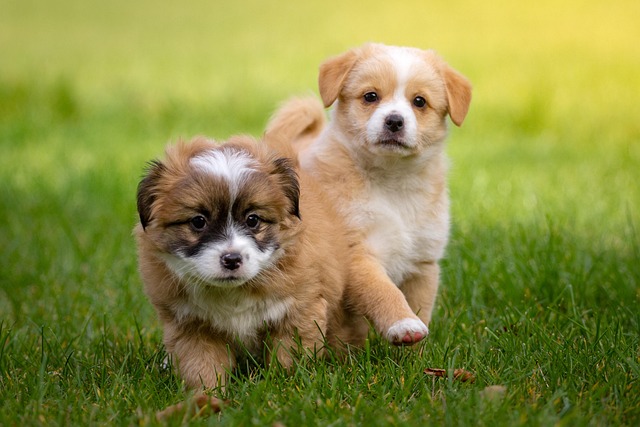 As the training progresses, the puppy gradually forms a memory of the designated excretion area. In the following 1 to 2 weeks, the owner should maintain the consistency and regularity of the training. Take the puppy to the excretion area at regular times every day to let them develop the habit of relieving themselves at a fixed time and place. At the same time, gradually expand the puppy's activity range indoors, but ensure that there is a clear connection between the newly added area and the designated excretion area. For example, some pee pads with the smell of excretion can be laid in the corridor connecting the two areas to guide the puppy to the correct place. During this stage, the puppy may still make mistakes occasionally and relieve itself in the wrong place. The owner must not scold or punish the puppy for this, because this may make them feel scared and confused and instead develop a resistance to the training. On the contrary, the owner should quickly clean up the excrement, eliminate the odor, and prevent the puppy from being attracted to the same place again. Then, take the puppy to the designated excretion area and patiently guide it again.
As the training progresses, the puppy gradually forms a memory of the designated excretion area. In the following 1 to 2 weeks, the owner should maintain the consistency and regularity of the training. Take the puppy to the excretion area at regular times every day to let them develop the habit of relieving themselves at a fixed time and place. At the same time, gradually expand the puppy's activity range indoors, but ensure that there is a clear connection between the newly added area and the designated excretion area. For example, some pee pads with the smell of excretion can be laid in the corridor connecting the two areas to guide the puppy to the correct place. During this stage, the puppy may still make mistakes occasionally and relieve itself in the wrong place. The owner must not scold or punish the puppy for this, because this may make them feel scared and confused and instead develop a resistance to the training. On the contrary, the owner should quickly clean up the excrement, eliminate the odor, and prevent the puppy from being attracted to the same place again. Then, take the puppy to the designated excretion area and patiently guide it again.
After about 3 to 4 weeks, most puppies can master the skill of defecating in a designated spot quite well. They will take the initiative to go to the designated area to relieve themselves, and the occasional mistakes will be significantly reduced. But this does not mean that the training is a complete success. The owner still needs to continuously consolidate the training results. In the following weeks or even months, continue to pay attention to the puppy. Especially when the environment changes, such as moving to a new house or having guests at home, the puppy may have a recurrence of defecation behavior due to stress reactions. At this time, the owner should give more patience and love and re-guide the puppy to adapt to the defecation rules in the new environment.
However, it should be noted that each puppy is a unique individual, and the time required for its training will also vary due to various factors. The puppy's breed, personality, learning ability, and the correctness and persistence of the owner's training methods will all affect the training duration. For example, some intelligent and gentle-tempered breeds, such as Border Collies and Poodles, may learn to defecate in a designated spot in a relatively short time; while some more lively, active, and stubborn breeds, such as Huskies and Chihuahuas, may require longer training and guidance. In addition, if the owner lacks patience during the training process, frequently changes the training method, or fails to capture the puppy's defecation signals in a timely manner, it may all lead to an extended training period.
There was once a pet owner who had a small Bichon Frise. When the puppy was 8 weeks old, the potty training began. At first, the puppy always defecated randomly indoors, which caused the pet owner a lot of headaches. But the pet owner did not give up. By carefully observing the puppy's behavior patterns, every time the puppy showed signs of needing to relieve itself, the pet owner quickly carried it to the designated pee pad area. After nearly a month of patient training, the little Bichon Frise finally learned to relieve itself on the pee pad. Later, the pet owner began to try taking it outdoors to relieve itself, also following the principles of regular timing and a fixed location. After about two months of continuous training, the little Bichon Frise was able to fully adapt to relieving itself outdoors. Even in a complex environment, it could accurately find a suitable place to relieve itself.
Puppy potty training is a marathon full of love and patience, not a sprint. From the initial ignorance to gradually mastering the skill of defecating in a designated spot, every step embodies the efforts of the owner and the puppy. Although the time required for training varies from person to person, as long as the owner adheres to scientific training methods and gives the puppy enough love and patience, they will eventually be rewarded with an adorable and well-behaved puppy that can defecate in a designated spot independently. When we see the puppy consciously going to the designated area to relieve itself and living in harmony with us, the comfort and joy we feel are the best rewards for all our efforts. After all, the healthy growth of the puppy and the formation of good habits are the most precious happiness for us as owners.

When hearing a dog coughing violently, with a heavy and rapid breathing sound, and seeing its once lively figure becoming listless, the owner's heart tightens with worry.
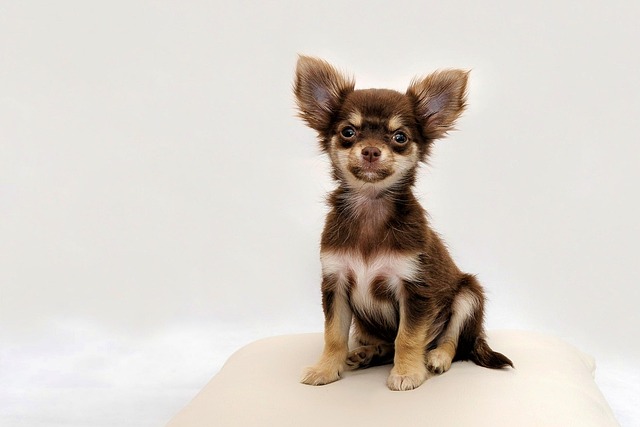
When we notice that dogs frequently scratch their ears, shake their heads, and even emit unpleasant odors, our hearts are filled with worry.
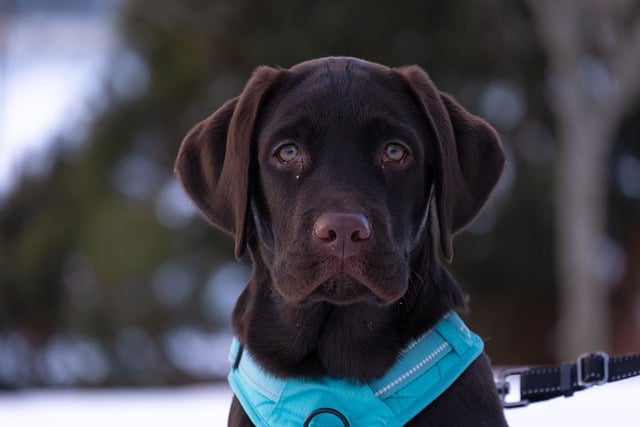
Dog paw dermatitis, a seemingly insignificant disease that causes countless furry children unbearable pain, concerns every shit shoveling owner.
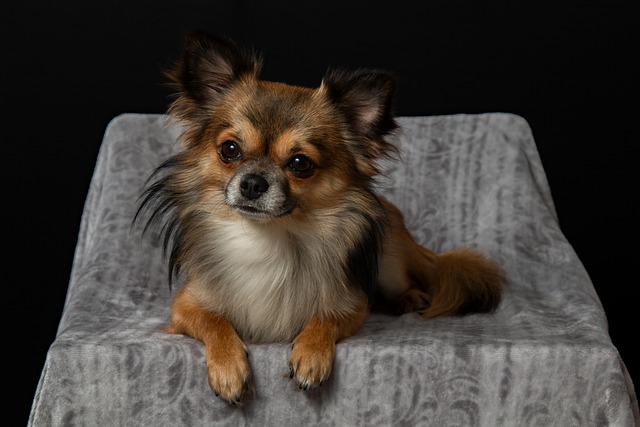
Watching the dog frequently making the defecation posture but failing to defecate smoothly, restlessly circling on the ground,
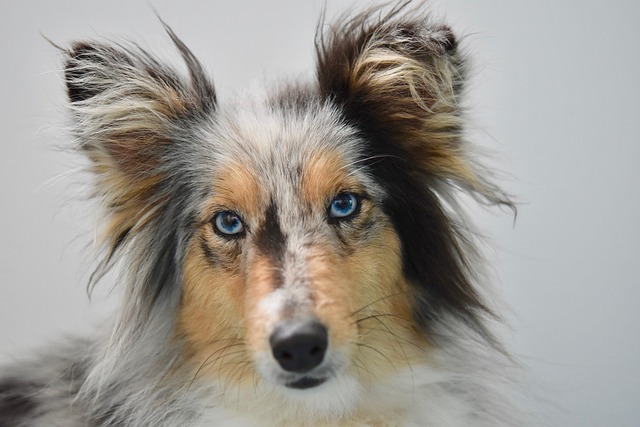
When we find that the dog frequently makes the defecation posture but fails every time, and it anxiously circles in place,
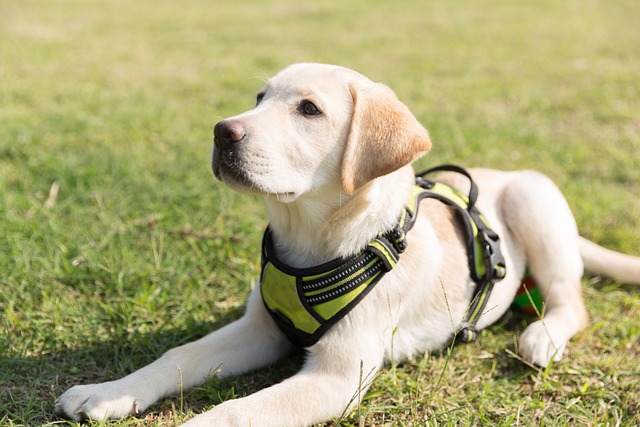
When you notice that your usually lively and bright-eyed dog's eyes start to turn red, shed tears frequently, and even squint and resist your touch, your heart will clench with worry. This might mean that the dog has keratitis.